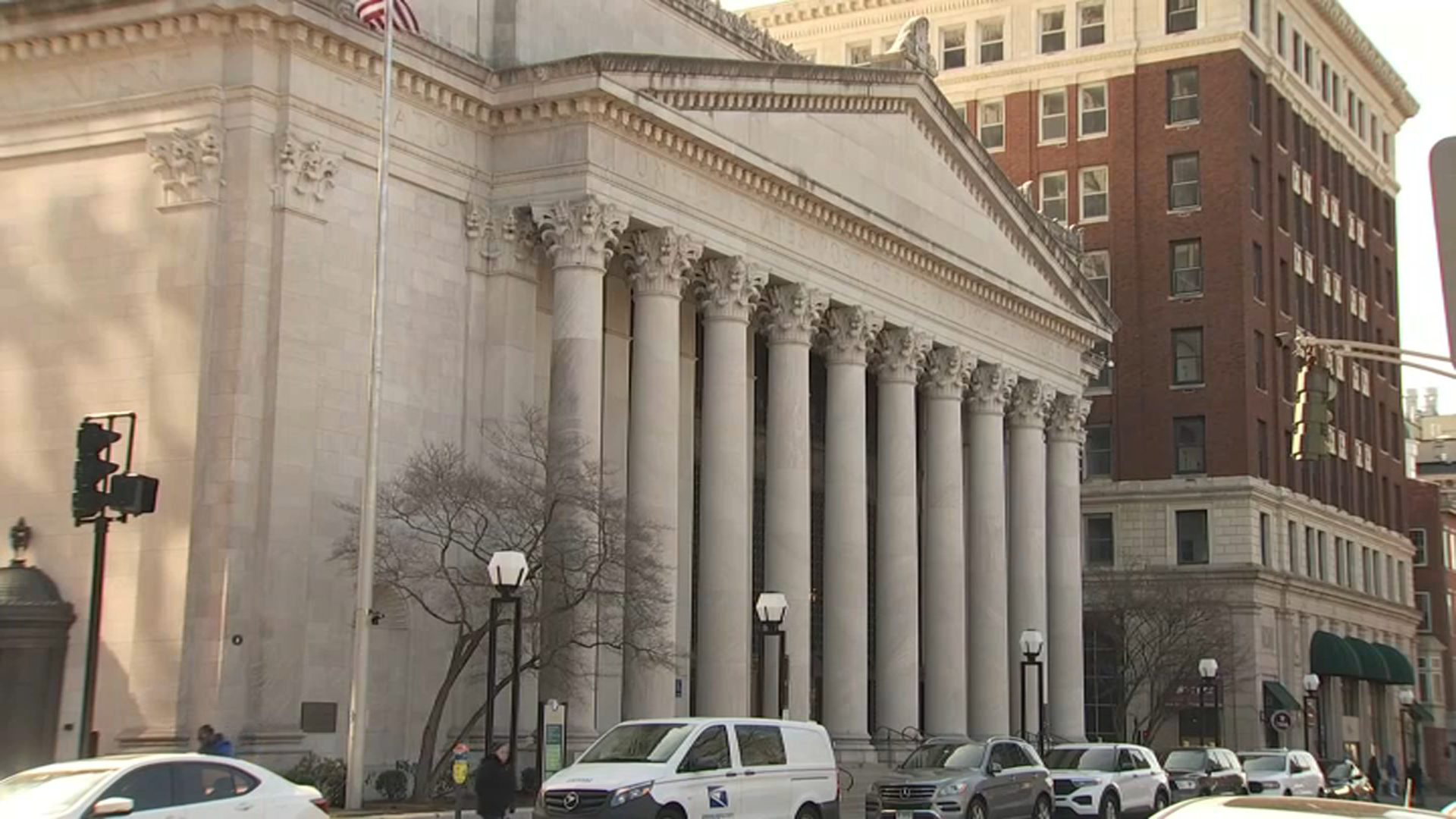UConn officials repeatedly said the concrete company at center of crumbling foundations investigation has done no jobs at university since at least 1995.
Ed. Note: The original version of this story incorrectly referred to John Patton as the president of the J.J. Mottes company. He is, in fact, a spokesperson.
University of Connecticut officials are backtracking on their previous assertions that J.J. Mottes Company has not supplied cement for any university projects since at least 1995 after the NBC Connecticut Troubleshooters witnessed a truck for the Stafford Springs-based concrete company pouring cement for a job on the Storrs campus Thursday.
Gov. Dannel Malloy called on anyone in the public or private sector to closely monitor their foundations if they can trace their concrete to J.J. Mottes Company. The governor’s statement came a day after NBC Connecticut aired an investigation July 21 finding that concrete foundations had failed or were failing for at least hundreds of homes in eastern Connecticut since the mid-1990s.
Homeowners, contractors and building officials say the only reported issues were with concrete supplied by J.J. Mottes Company between the early 1980s through at least 1996. Contractors say they've seen problems for foundations place through 1998.
Contractors say the only fix is to tear out the existing foundation and re-pour it.
Joseph Callahan, the chief building official in Coventry, explained that if the foundations are not totally replaced, there could be a catastrophic failure of the building.
"It won’t support the wood frame structure above it. It’s a life safety issue if these are to let go," said Callahan.
Investigations
Some contractors say an iron sulfide mineral called pyrrhotite is to blame for the residential foundation failures. Research suggests air and water oxidizes the pyrrhotite, creating a chemical reaction that causes the concrete to swell. It leads to significant cracking and eventual failure. Contractors say it could take decades for the issue to arise.
The U.S. geological survey shows, and J.J. Mottes confirms, pyrrhotite is found in the quarry where the company retrieves stone for its concrete aggregate. J.J. Mottes says it has used the quarry for decades.
In a statement last week, John Patton, a spokesperson for J.J. Mottes, said the company has done more than 10,000 residential, commercial, municipal and state jobs since 1998.
Patton said there have been no reports of any issues with concrete J.J. Mottes supplied after 1998.
The company has not answered any questions regarding how many jobs they produced prior to 1998 or what those jobs were.
The Department of Transportation says its has no records of J.J. Mottes Company being paid as a vendor since at least 2008, which is how far their electronic records go back.
DOT spokesperson Kevin Nursick told the Troubleshooters the department is currently reviewing all state transportation contracts going back to the early 1980s.
The governor’s office said it has seen no records of J.J. Mottes doing any state jobs since the 1990s.
The University of Connecticut repeatedly told Troubleshooter George Colli that no records existed of J.J. Mottes doing any work currently, or since atleast 1995, including during the billion-dollar "UConn 2000" project in the 1990s.
UConn deputy spokesperson Tom Breen said the university's purchasing department took over its records in 1995. Prior to that, the state Department of Public Works oversaw projects at the university.
The Troubleshooters reached out to UConn deputy spokesperson Tom Breen after seeing a J.J. Mottes concrete truck pouring and placing cement for an addition at the Radcliffe Hicks academic building on campus. Breen explained that the school only has records for general contractors it has paid directly, not subcontractors.
Breen sent the following statement to the Troubleshooters:
"As is standard with all concrete supplied to University projects, the University retains an independent materials testing company to inspect all work related to concrete construction. The testing lab was present at the site you asked about, and sampled the fresh concrete upon delivery. The fresh concrete tested within specifications and placement of the concrete occurred. The testing lab also prepared test cylinders, which were taken to the lab for future strength testing. The strength tests are to ensure that the in-place concrete has attained the strength specified in construction documents.
"Any concrete supplied to the University which fails to attain the specified strength will be rejected and replaced at the contractor’s expense.
"Since the beginning of UConn 2000, the University has managed an unprecedented growth in its facilities, which has in turn helped UConn become one of the top-rated public research universities in the United States. Although the exact specifications of each sub-contractor and materials supplier for each capital project are not always readily searchable, the University has enjoyed productive relationships with many contractors, which it entrusts with the responsibility to make sure each project is completed within the specifications of approved construction documents."
The university has yet to respond to a follow-up question asking if the concrete being used is tested for pyrrhotite.
Ed. Note: As the Troubleshooters have reported on this issue over the past year and a half, the Joseph J. Mottes Company (JJ Mottes) has evolved its response. Click on this link to see the company’s most recent full statement to NBC Connecticut and its response to the State of Connecticut.



